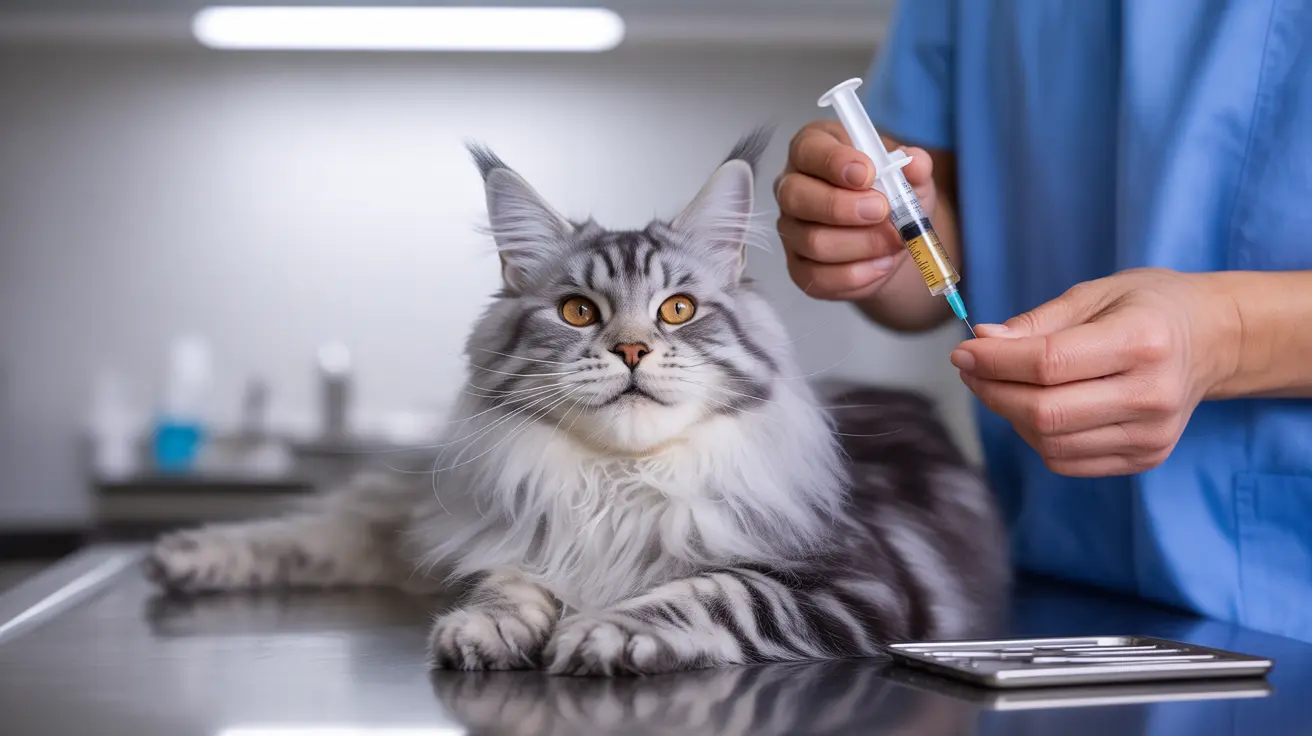Understanding Lidocaine and Its Use in Cats
Lidocaine is a local anesthetic and antiarrhythmic medication commonly used in veterinary medicine. While it can be safely administered to cats under proper veterinary supervision, this medication requires careful consideration due to cats' unique sensitivity to its effects.
As a pet parent, it's crucial to understand that lidocaine use in cats differs significantly from its application in humans or even other pets. Cats metabolize this medication differently, making them more susceptible to potential side effects and toxicity.
Professional Administration and Safety Guidelines
Veterinarians typically use lidocaine for specific medical procedures in cats, including minor surgeries, wound suturing, and dental work. The medication can be administered through various routes, including local injection, topical application, or in some cases, intravenous delivery.
However, it's essential to note that lidocaine is not FDA-approved specifically for veterinary use. Instead, it's prescribed as an extra-label medication under the careful supervision of veterinary professionals who understand proper dosing for felines.
Signs of Lidocaine Toxicity in Cats
Due to cats' heightened sensitivity to lidocaine, being aware of potential toxicity signs is crucial. Common symptoms include:
- Lethargy and depression
- Muscle tremors or seizures
- Vomiting and nausea
- Difficulty breathing
- Cardiovascular problems
- Disorientation or unusual behavior
Safe Usage and Important Precautions
Under no circumstances should pet owners attempt to use over-the-counter lidocaine products on their cats. Human lidocaine preparations, including creams, sprays, and patches, can be dangerous for cats, especially if ingested through grooming.
Always ensure your veterinarian is aware of any medications your cat is currently taking, as certain drugs can interact with lidocaine and increase the risk of adverse effects.
Alternative Pain Management Options
If your cat requires pain management, your veterinarian may recommend alternative treatments better suited to felines. These might include cat-specific pain medications, acupuncture, or other therapeutic approaches that don't carry the same risks as lidocaine.
Frequently Asked Questions
Can cats safely receive lidocaine for pain relief or anesthesia?
Yes, cats can safely receive lidocaine, but only under direct veterinary supervision with carefully calculated doses. The medication must be administered by a professional who understands feline-specific dosing requirements and can monitor for potential complications.
What are the signs of lidocaine toxicity in cats I should watch for?
Key signs of lidocaine toxicity include depression, muscle tremors, seizures, vomiting, breathing difficulties, and irregular heart rhythm. If you notice any of these symptoms after lidocaine administration, contact your veterinarian immediately.
How do veterinarians determine the right lidocaine dose for cats?
Veterinarians calculate lidocaine doses based on the cat's weight, overall health status, and the specific procedure being performed. They also consider factors like the cat's age, other medications, and any underlying health conditions.
Are lidocaine patches safe to use on cats for localized pain?
Lidocaine patches should only be used on cats under specific veterinary direction. While they may be prescribed in certain situations, there's a risk of toxicity if the cat manages to remove and ingest the patch.
Why should I never use human lidocaine creams or sprays on my cat?
Human lidocaine products are not formulated for cats and can be dangerous due to inappropriate concentrations and the risk of ingestion through grooming. Additionally, cats are more sensitive to lidocaine than humans, making over-the-counter products potentially toxic.
Conclusion
While lidocaine can be a valuable tool in veterinary medicine, its use in cats requires professional oversight and careful administration. Never attempt to treat your cat with human lidocaine products, and always consult your veterinarian for appropriate pain management solutions for your feline friend.






